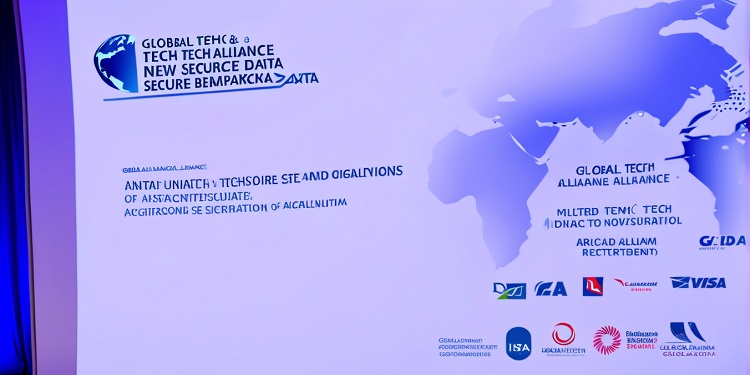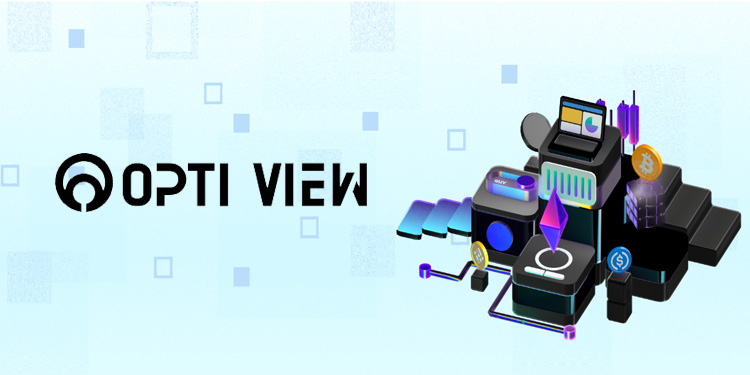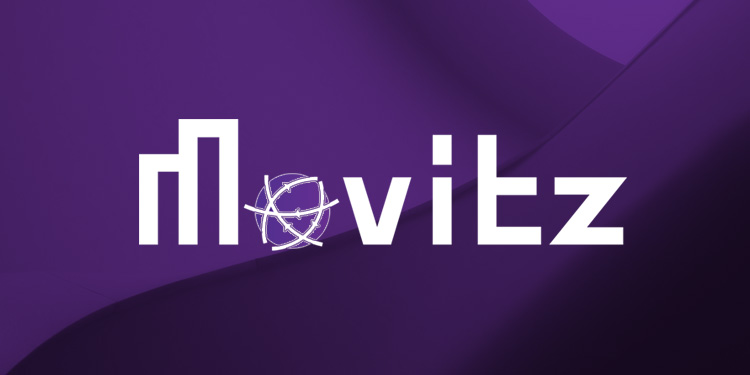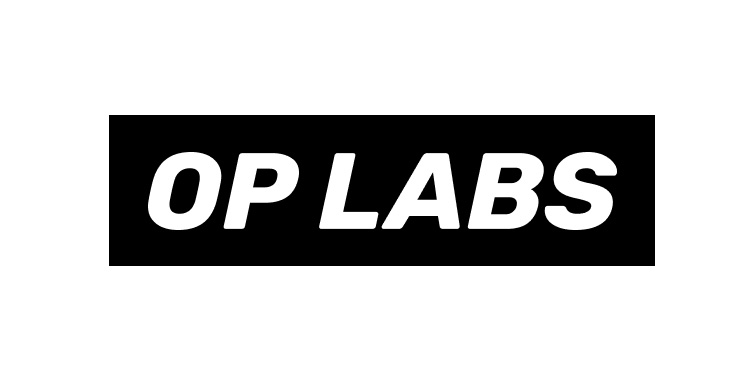Three technology companies from Europe, Asia, and North America have entered into a strategic agreement aimed at advancing the future of secure global communication. The agreement, structured as a memorandum of understanding (MoU), involves Denmark-based blockchain and multi-party computation (MPC) expert Partisia, Singapore’s quantum-safe communication specialist Squareroot8, and NuSpace, a California-based provider of IoT connectivity and satellite services.
The collaboration is intended to integrate the unique strengths of each firm to create a next-generation secure communication framework that is resilient against current and future threats, including those posed by quantum computing. According to the participants, the combined technologies are designed to improve the privacy, efficiency, and quantum-proof nature of data processing through advanced cryptographic infrastructure, MPC, and satellite-based deployment.
The foundation of this partnership lies in the understanding that post-quantum cryptographic (PQC) algorithms—such as those promoted by the U.S. National Institute of Standards and Technology (NIST)—still depend on a source of truly random numbers. These random values, which are essential for secure encryption, can only be reliably generated through the inherently unpredictable behavior of quantum mechanics. This necessity has driven a growing focus on quantum random number generators (QRNGs).
Squareroot8 has contributed a compact QRNG device that generates quantum-derived randomness from a single-board module. NuSpace is set to integrate this device into its satellite infrastructure, creating a space-based platform that will not only support its own IoT solutions but also provide a broader gateway to quantum-secure communication services.
Partisia brings its experience in secure, privacy-preserving blockchain applications through its MPC expertise. The firm sees a growing need for secure MPC as regulatory frameworks around privacy and data protection become more stringent. The ability to analyze and compute on sensitive data without ever exposing the raw information is becoming a key requirement in sectors like healthcare and finance.
In healthcare, for instance, Partisia has been working with Danish medical institutions to enable secure research on cancer patient data without violating privacy laws. Instead of giving researchers access to all raw patient information, the data is divided into segments, and privacy is preserved through preprocessing techniques such as beaver triples. These correlated, privacy-preserving datasets are then utilized for meaningful analysis.
In the financial sector, secure MPC is seen as equally vital. Banks, aiming to jointly develop fraud detection models, face restrictions under both privacy and financial regulations. Customers would be unwilling to allow banks to share their personal data with competitors, making secure computation across multiple institutions a necessity. Preprocessed encrypted data, split at source and later merged through secure blockchain networks, enables institutions to collaborate while maintaining confidentiality and regulatory compliance.
Partisia also employs fully homomorphic encryption, allowing complex computations on encrypted data without needing to decrypt it. The firm believes this functionality is essential in a world moving toward quantum-resistant security standards.
According to internal assessments, satellites offer an additional layer of physical and logical security when compared to terrestrial data centers. Integrating PQC, QRNG, and preprocessing within the same orbital platform not only enhances encryption efficiency but also significantly reduces time delays. The MoU among the three firms is expected to pave the way for a wider range of secure business applications, setting a new precedent in digital communications where trust, security, and speed are paramount.









